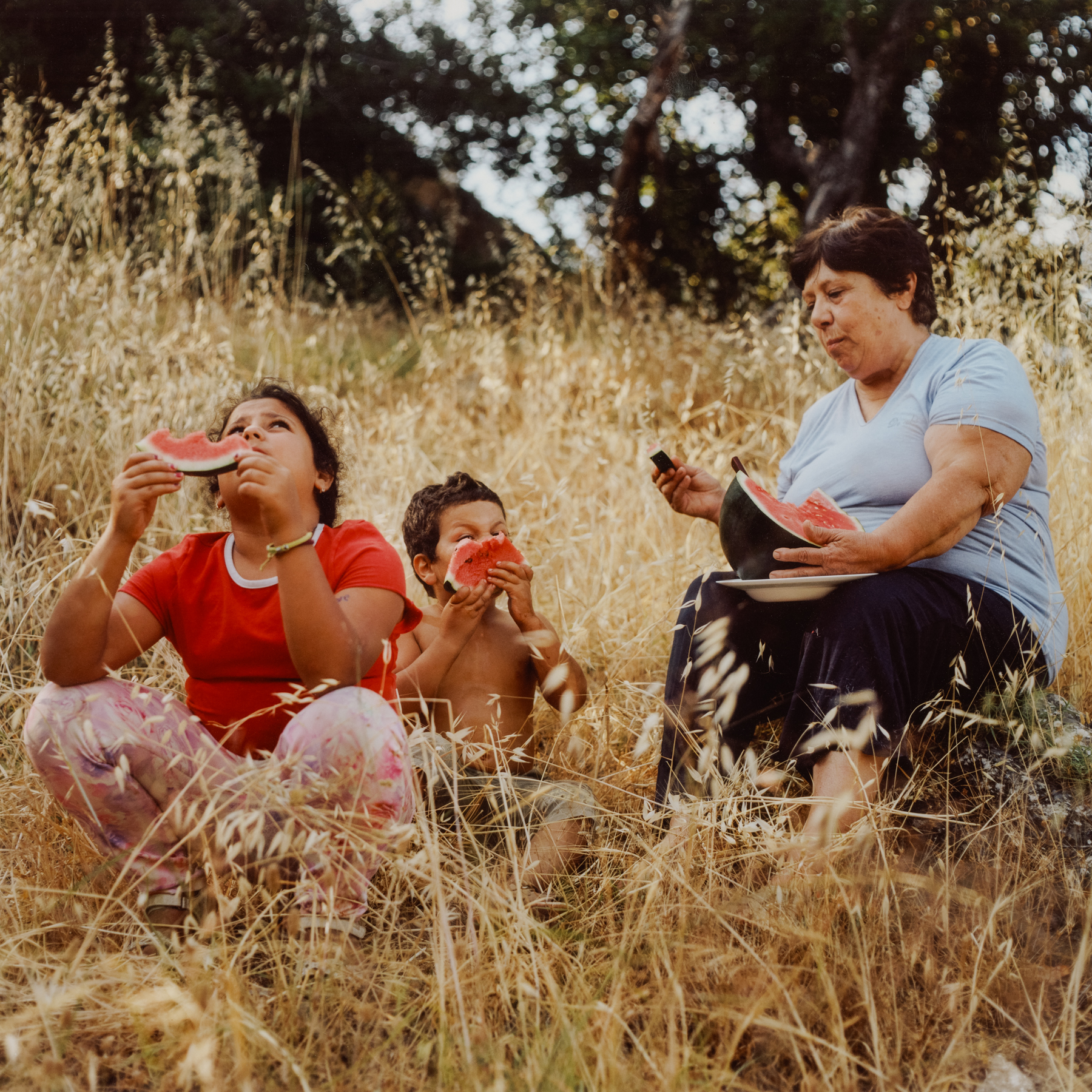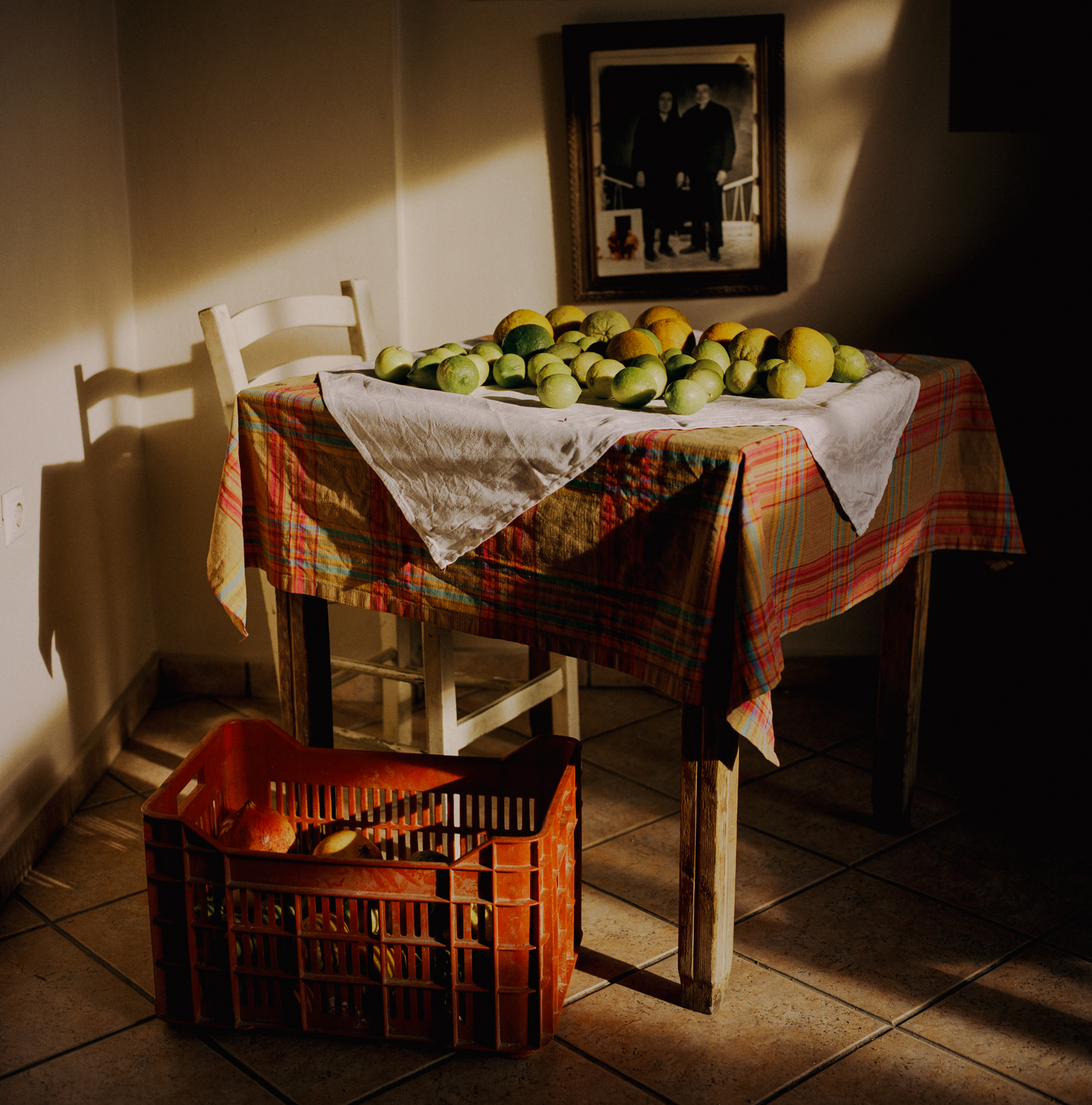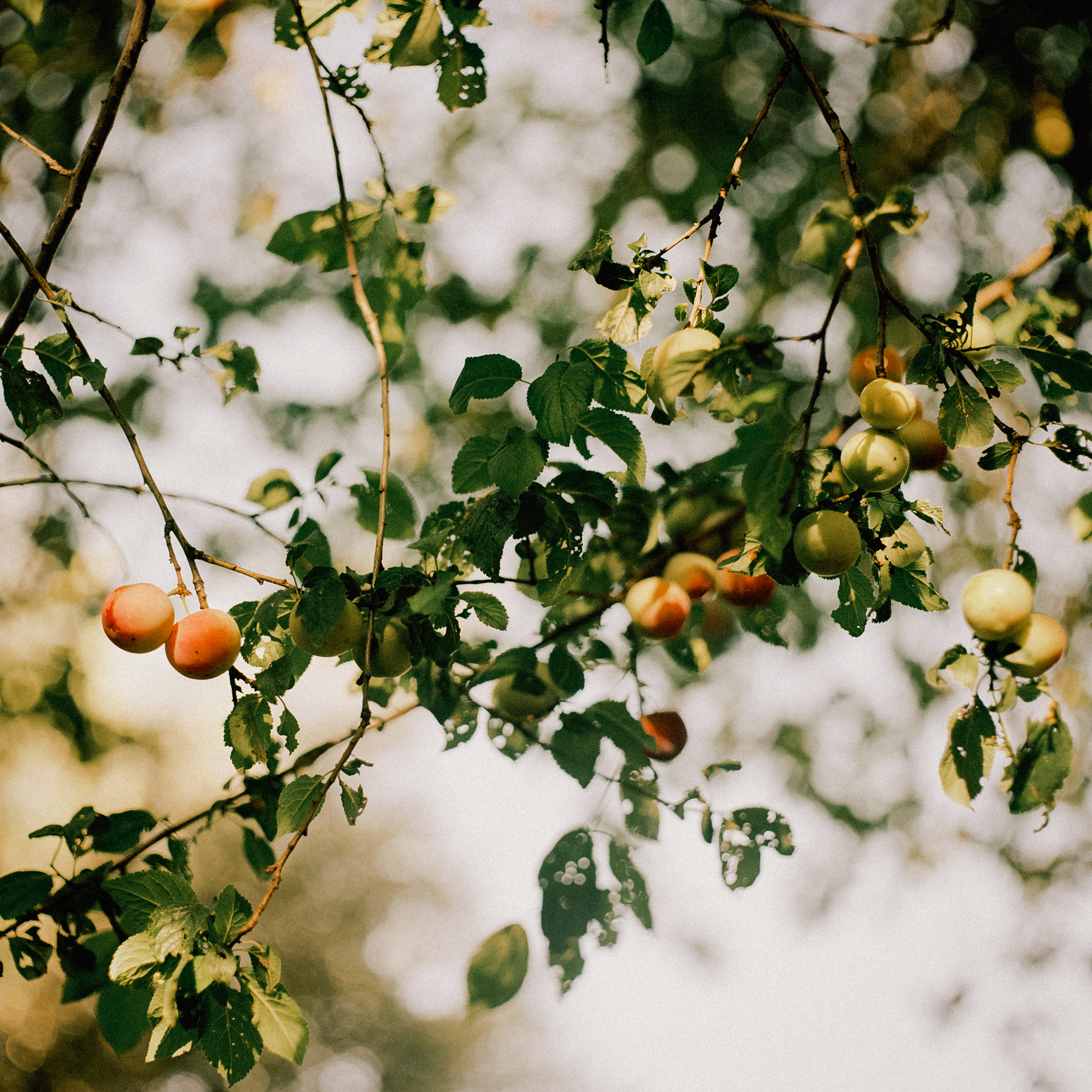
Foodprint
The Mediterranean Diet is the healthiest in the world. Recognised by UNESCO as part of humanity’s Intangible Heritage due to its unique set of qualities, the Mediterranean Diet consists mostly of plant-based foods, such as vegetables, grains, nuts, legumes and fruits. Born out of poverty, it also provides solutions to some of the most critical problems facing the planet today, such as the loss of biodiversity, food waste and climate change.
These photographs are part of a larger exhibition titled Foodprint, exhibited in the National Museum of contemporary Art, Athens Greece. The project’s parallel activities, which include photography workshops, educational programmes, cooking events and culinary walks, explore why the Mediterranean Diet has come to be celebrated as one of the world’s richest, healthiest and most sustainable food cultures.
The project is the result of a collaboration between the Bank of Cyprus Cultural Foundation, Anemon Productions and the Goethe-Institut in partnership with the Museum of Cycladic Art in Greece, the Fondazione Brescia Musei in Italy, and the Cyprus Food Museum. It is supported by the Creative Europe programme of the EU and the Cyprus National Commission for UNESCO.
The Mediterranean Diet is the healthiest in the world. Recognised by UNESCO as part of humanity’s Intangible Heritage due to its unique set of qualities, the Mediterranean Diet consists mostly of plant-based foods, such as vegetables, grains, nuts, legumes and fruits. Born out of poverty, it also provides solutions to some of the most critical problems facing the planet today, such as the loss of biodiversity, food waste and climate change.
These photographs are part of a larger exhibition titled Foodprint, exhibited in the National Museum of contemporary Art, Athens Greece. The project’s parallel activities, which include photography workshops, educational programmes, cooking events and culinary walks, explore why the Mediterranean Diet has come to be celebrated as one of the world’s richest, healthiest and most sustainable food cultures.
The project is the result of a collaboration between the Bank of Cyprus Cultural Foundation, Anemon Productions and the Goethe-Institut in partnership with the Museum of Cycladic Art in Greece, the Fondazione Brescia Musei in Italy, and the Cyprus Food Museum. It is supported by the Creative Europe programme of the EU and the Cyprus National Commission for UNESCO.






